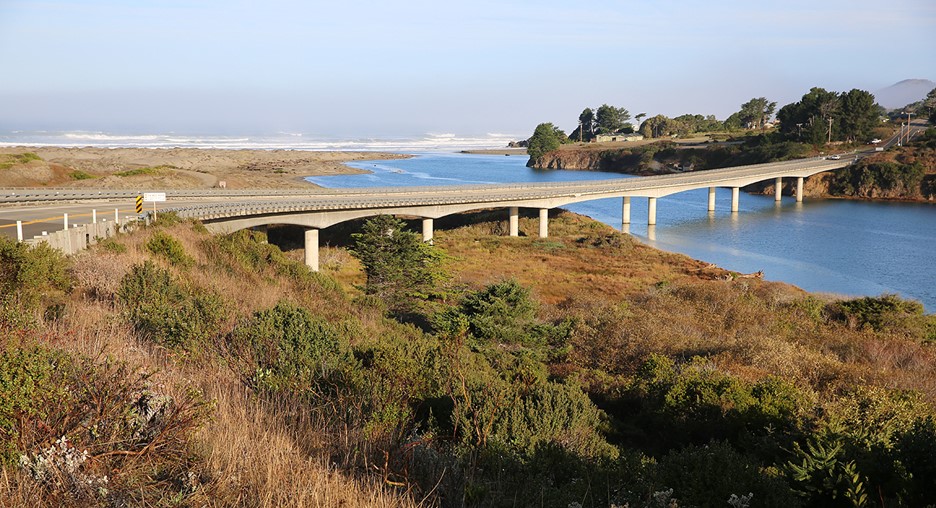
For over 20 years, researchers in the Puget Sound area have seen a connection between stormwater running off highways and salmon deaths. Previously known as the “coho mortality phenomenon” or “urban runoff mortality syndrome,” studies have shown that an incredible number of salmon die within a few hours after exposure to stormwater from roadways. But it was only in 2020 that the University of Washington released a report that finally identified the toxic chemical responsible for the fish kills, 6PPD-quinone. Unfortunately, this chemical is found in “most if not all motor vehicle tires.”
6PPD is used in tires as an antioxidant, designed to react with oxygen and ozone to protect car tires from cracking. However, when 6PPD acts as intended and reacts with ozone, it transforms into 6PPD-quinone. Once washed into the environment, this chemical compromises a salmon’s blood-brain barrier, killing exposed fish within hours.
California is currently evaluating the feasibility of removing 6PPD from tires and whether the state should ban the chemical. However, even if the state were to ban 6PPD from tires, both cars and tires from out of state would still be able to use the chemical and be sold in California. Then there are the existing tires currently on the road that a future ban would not stop from harming salmon now.
That is why California Coastkeeper Alliance has teamed up with Assembly Member Diane Papan to introduce Assembly Bill 756. The bill would require the Department of Transportation (Caltrans) to develop and implement a strategy to eliminate 6PPD and 6PPD-quinone from its stormwater discharges into salmon and steelhead trout bearing surface waters of the state.
The main pollution pathway for 6PPD-quinone is through stormwater. Luckily, research has found that bioretention systems, a readily available stormwater filtration management practice that uses appropriate landscaping to infiltrate stormwater into the ground, filters the pollutants in the topsoil instead of running off into our waterways. Biofiltration effectively treats highway run-off in terms of both toxic chemical exposure and salmon spawner survival. In addition, research discovered that bioretention and bioswales can remove a majority of 6PPD-quinone from stormwater samples.
California Coastkeeper Alliance’s legislation will require Caltrans to eliminate the exposure of 6PPD by first identifying all locations where state highways cross salmon and steelhead bearing waters, and then study the feasibility and most cost-effective biofiltration and bioretention systems to install such systems throughout the state. Then, Caltrans will have 10 years to install biofiltration landscaping along their identified river crossings to eliminate the discharge of 6PPD into our waterways and prevent coho mortality syndrome in California.
The most exciting part about AB 756 – besides saving salmon – is that the installation of biofiltration won’t just stop 6PPD from polluting our waters, but many other roadway pollutants such as microplastics, toxic metals, oil, and grease. The bill is currently in the Assembly Appropriations Committee, a difficult barrier for bills that will cost the state money to implement. But we are hopeful we can get the bill out of the Committee and to the Assembly Floor for passage. Look out for future updates as the bill moves forward this legislative session.
Stay informed of our legislative work and our efforts to protect California’s waters by subscribing to California Coastkeeper Alliance’s monthly newsletter, becoming a lifetime member, or following us on social media: @CA_Waterkeepers.

Executive Director Sean Bothwell leads CCKA’s initiatives to fight for swimmable, fishable, and drinkable waters for all Californians.



